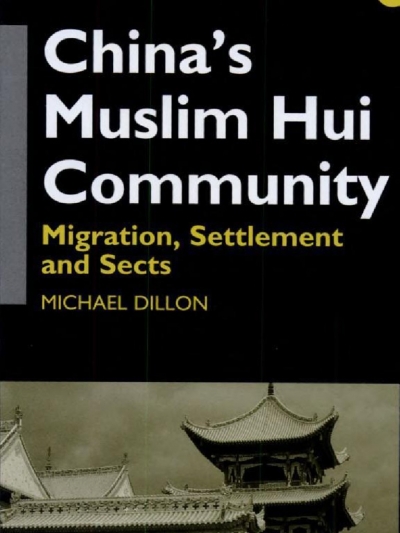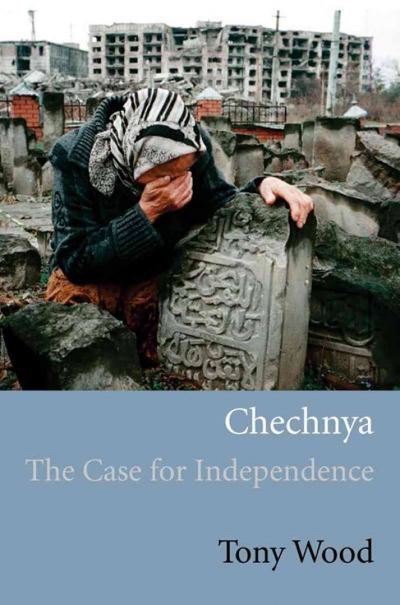



Russia acknowledges Hizbullah's strategic influence in the Middle East.
The US is not as helpless in Central Asia as thought of, nor is Russia as powerful and liked as is generally believed. Each views the other as a threat to its interests.
Russia is determined to assert itself in Central Asia and the Caucasus by using its former puppets to advance its agenda. Some republics offer better prospects than others.
The unfolding events in Tatarstan clearly show that Russia is facing a serious challenge in maintaining its current borders.
Russia’s grip on the North Caucasus is becoming more complicated and therefore, loosening up as a consequence of recent developments.
Muslim states and many Islamic movements fail to distinguish between the erstwhile USSR and today’s Russia due to the deep-seated association of Russia with the Soviet Union. Similarly, many Muslims have not taken into account that today’s Russia does not seek to be a global power because it has accepted the dominant Western global order.
Publicly acknowledged divisions by pro-independence forces in the North Caucasus may completely bury the last remaining traces of the movement once known as the Chechen resistance.
Under the concept of Pan-Turkism, NATO aimed to foster separatism within the Turkic people living in Russia, China and Iran
A solution based on the principles of the Prophet’s (r) Sunnah and Sirah would allow Armenians in Karabakh to acquire true independence. The “independence” they have today has turned Karabakh Armenians into a political instrument of Russia and the US...
The inability to subordinate Russia to all western political demands triggered a search to find leadership cracks in Russia. In the past few months media outlets and think-tanks worldwide have indulged in the “investigative” task...
This month marks exactly 15 years since the beginning of the war in Chechnya. During this time, the concept of Chechen identity and of Chechnya itself became embodied in war and conflict.
China's Muslim Hui Community: Migration, Settlement and Sects by Michael Dillon. Pub: Curzon Press, Richmond, UK, 1999. Pp: 208. Hbk: UK40.00.
The NPT was opened for signatures in 1968. Initially, the US, Soviet Union, Britain and 59 other countries signed the treaty...
The Caucasus region has never had peace or stability for more than 200 years. Despite a brutal Russian crackdown on Chechnya, the Muslim republic remains in turmoil, as does neighboring Ingushetia.
The “stans” of Central Asia are stirring in ferment and revolt. For the rest of the world, the five repubics — Kyrgyzstan, Tajikistan, Uzbekistan, Turkmenistan and Kazakhstan — are important only because like the oil producing countries of the Middle East, they sit atop vast reserves of oil and gas that the West covets.
Perhaps never before in history has a self-declared superpower fallen from glory as precipitously as has the US. In less than 20 years it has gone from a hyperpower to being a spent force unable to deal even with such backward societies as Afghanistan and Iraq.
After another particularly bloody week in which the Americans and their Western allies killed more than 100 Afghan civilians, President Hamid Karzai stood on the lawn of the presidential palace on June 23 to denounce the air strikes and artillery fire as “careless”. He asserted: “Afghan life is not cheap and should not be treated as such.” These sound like brave words, but they carry little weight with the Americans or anyone else. They, as well as Karzai, know that Afghans’ lives are indeed cheap.
Chechnya: The Case for Independence by Tony Wood. Pub: Verso Books, London, UK, 2007. Pp: 199. Pbk: £12.99.
In recent months the war of words between the West and Russia has escalated, with president Vladimir Putin delivering the three strongest attacks on the West of his seven-year rule. Not surprisingly, the two summits held between the US and Russia and the European Union and Moscow, on May 15 and May 18 respectively, failed to resolve the energy war between the two sides. But as Condoleezza Rice, the US secretary of state, explained, the confrontation between the two has nothing to do with ideology.


